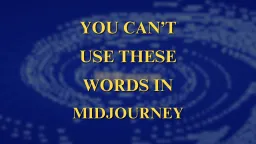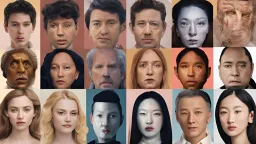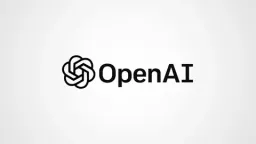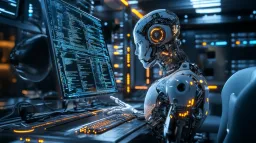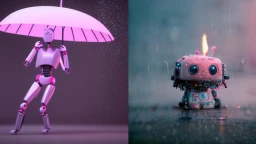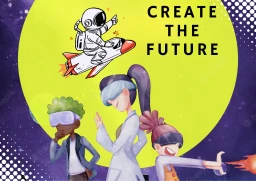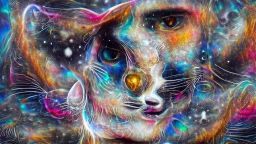Y Combinator-backed Poly AI uses AI to Generate Art Assets

Startup business owners are trying to profit as generative AI like ChatGPT and DALL-E 2 draw investor attention with new business models centered on them. One of the more intriguing recent attempts in this field is Poly. It enables designers to build virtual assets for video games and other applications, such as texturing for 3D models, by using only text instructions.
About Poly
Similar to Adobe Stock and Shutterstock, Poly is essentially a stock asset repository with an AI-only population. While Getty Images and other platforms have prohibited AI-generated material out of concern for possible legal repercussions, Poly is moving on at full speed.
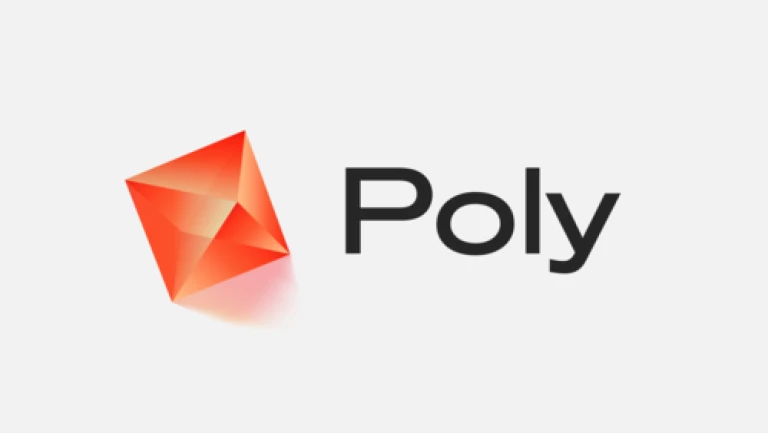 Y Combinator
Y CombinatorAgarwal worked as a research fellow at Microsoft before he and Sam Young co-founded Poly. While there, he wrote articles about the use of AI for social good. After that, Agarwal founded Polytopal, a “human-centered AI” consulting firm that created numerous intelligent systems for companies. These include Spotify, Meta, and Nestlé. Among other things, Polytopal launched a virtual baking helper for Toll House and co-created a dance choreography algorithm for the video game BeatSaber. This tool helps build cookie recipes that are tailored to the dietary requirements of consumers.
AI Advancement via Poly
When creating 3D models, designers can use Poly to specify a texture (for example, “Tree bark with moss”). Additionally, if desired, supply a reference image. The models come with normal and inversion maps. These are frequently used in game development to provide volume, depth, and features to the surfaces of 3D objects. The resolutions are also adjustable. In order to improve the learning capabilities of its generative AI models, Poly trains them using a variety of proprietary techniques. These include techniques such as extracting texture data from regular photos.
Both the manual design procedures used by developers and the established asset marketplaces are competitors for Poly. Other than sites like GameDev Market and OpenGameArt, leading providers of game engines like Unity host and market assets on their own platforms.
The previously mentioned legal issues related to the technology are still open for discussion. One class action lawsuit claims that GitHub’s Copilot code-generation system reuses portions of licensed code without giving acknowledgment. This may have repercussions for both AI systems that generate art and those that use it. Unrelated to this issue, the U.S. Copyright Office recently revoked the copyright protection it had previously granted for a comic book made using generative AI, stating that only works made by people are entitled to protection.
Follow us on Instagram: @niftyzone


